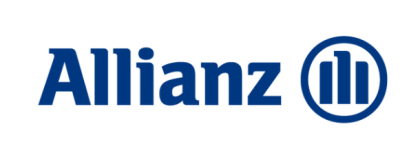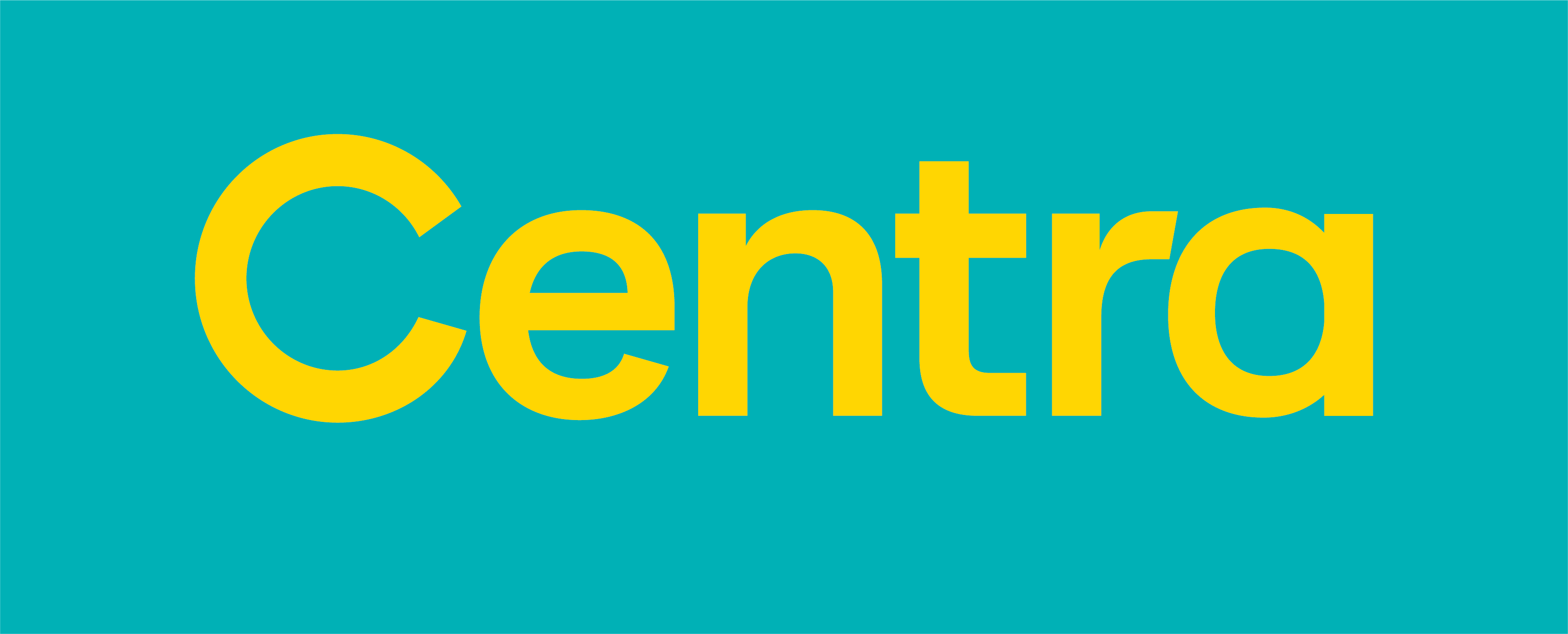Legends: Mickey Whelan
Legends: Mickey Whelan
Legends: Mickey Whelan
By Arthur Sullivan
"I was born on May 24, 1939," says Mickey Whelan, when asked how old he is. The summer the war started. "That reminds me of something my mother once said to me when I asked her how old she was. 'I was born during the troubles in 1916' she said, 'and I've never been out of them since...'"
At 75, Whelan is in impressive physical condition, probably not much of a surprise given that he was one of the first qualified Physical Education teachers in Ireland and worked as such in Killester Vocational School for 10 years, and subsequently as Head of Sport at DIT Bolton Street.
As he looks across Dublin Bay from the window of the Marine Hotel in Sutton, he recalls his own wedding day. "I was married in this hotel," he says. "48 years ago."
So it's been a long lifetime. A lifetime of playing, coaching and managing in Gaelic football. But what is so fascinating about the career of Whelan, one of the great coaching gurus of Dublin GAA, is that despite his longevity, his career could have been remembered quite differently but for what has transpired in the last decade.
Go back to a cold November day in 1997. Dublin have just been beaten by Offaly in Parnell Park and Mickey Whelan is being given considerable personal abuse by a group of Dublin people behind one of the goals. He's had enough, and minutes later he has resigned as Dublin senior football manager after two very disappointing years in charge of the team.
Given the current status of the Dublin senior football team and their relationship with their supporters, it's a sobering memory. Whelan had taken over Dublin following their 1995 All-Ireland win, but it hadn't worked out.
"When I took over Dublin in 1995, they had been used to a different type of training. And they had been lucky to win the All-Ireland that previous year. I was trying to make them a better team but they just didn't buy into my innovation," he says.
To say there were problems between Whelan and a lot of the 1995 team is an understatement. John O'Leary, the goalkeeper on that team, wrote the following in his autobiography, remembering the defeat to Meath in the 1996 Leinster SFC Final:
"The rage that was burning inside me as I sat in the dressing-room was directed at one man - Mickey Whelan," wrote O'Leary. "I looked up at him and for one fleeting moment I felt like standing up and boxing him in the face. I was so angry, so frustrated and so bloody upset that it seemed almost an acceptable response."
You can tell Whelan is still hurt by the memory of those years with Dublin, but his recent success with both Dublin and St. Vincent's has blunted the edge of his anger. When reminded of what O'Leary wrote, he recalls the victorious All-Ireland winning Dublin team travelling out to Skerries GAA Club the day after the final in 2011, the home club of captain Bryan Cullen.
(Whelan at Dublin's 2011 victory celebrations)
**
Whelan had been the coach of that Dublin team, working with Pat Gilroy as manager. As the team walked into the clubhouse in Skerries, Whelan saw John O'Leary at the door, the five-time All Star having made the short trip from his native Balbriggan to welcome the team.
"He came straight over to shake my hand and he said 'You're an amazing man, I'd like you to meet my son.' I liked that," says Whelan. "I don't hold grudges. They take more out of you than they would out of anyone else."
Looking back on where things went wrong with Dublin in the 1990s, Whelan feels the team just weren't ready for his methods, which, incorporating detailed and scientific strength and conditioning programmes, are now as commonplace within the preparation of GAA teams as practising the handpass.
"They didn't see the point of things. Because I had come back from America where I had studied, they probably thought that I was arrogant. I was doing strength and weight training in 1995, swimming, lots of different things," he says.
"That's what always used to beat Dublin teams. Kerry were professionally trained. They trained full-time for four or five weeks before an All-Ireland final. They stayed in Killarney, nobody worked. Dr. Eamonn O'Sullivan was a very good trainer, a medical doctor, and they had access to the mental hospital there and there was a gate for them to go through into the pitches in Killarney.
"Heffernan made up his mind that the only way to beat them was to get a stronger and fitter team. That's what he did in the 1970s and I designed the training for him. And I just carried on the same philosophy when I became manager myself."
For a while, Whelan's bitter tenure with Dublin threatened to overshadow what had been a very satisfying career to that point. Whelan the footballer, a native of Cabra, broke onto the Dublin senior panel in the late 1950s and developed quickly into one of the central figures on a talented team.
He won his only All-Ireland senior medal aged 24 in 1963, playing at both centre-half-forward (in the first half) and midfield (in the second half) in Dublin's 1-9 to 0-10 victory in the final over Galway.
During the time he enjoyed a successful career with Dublin, Whelan played his club football with Clanna Gael, and in 1968 he was player-manager as they won the Dublin Senior Football Championship, one of the few years between the late 1940s and late 1970s that St. Vincent's didn't win the title.
(Whelan, front row, second from left, with the Dublin team in 1965)
**
It was his first taste of management, and it went very well, but within a year, Whelan wasn't even playing Gaelic football, let alone managing. A trip to America to see the Cardinal Cushing games had opened Whelan's eyes to the possibility of study in the States, and in 1969 he took the decision to go and study Physical Education, an option which wasn't available to him in Ireland.
Although he was married with two young children at the time, Whelan, a fitter by trade and subsequently a company rep, was determined to follow his dream. "I had to do this. I couldn't live my life looking back at what might have been. Now you could say I lost three All-Irelands (that Dublin won after he left) because of the decision. But I think winning one is enough anyway."
He went to West Chester University in Pennsylvania and within nine months his wife and children had joined him in the USA. He subsequently did a Masters degree in West Virginia, and after six years of study he had the option to stay and work in America, but he chose to return to Ireland. "I knew my wife would be happier if we came home. She was great to travel out there with me, but I knew I had to repay that by coming home."
The Dublin GAA scene was booming on his return. Kevin Heffernan, whom Whelan had known since his earliest days with Dublin, was managing the senior team and under his guidance, they won All-Ireland titles in 1974, 1976 and 1977. Heffernan's name looms over many of Whelan's memories. The charisma of the late Dublin icon is obvious from the way Whelan remembers him.
"I palled around with Kevin Heffernan from early on," says Whelan. "He took me under his wing from the time I came onto the team. He mentored me and we were pals. My wife and his wife were great friends too, and we were great friends. We were very close. He was an incredible footballer. He was an incredible man manager. He had an incredible insight into the game. He did everything you can do as a player and as a manager."
Clanna Gael were based in Cabinteely on the southside of Dublin by the time of Whelan's return, and having based himself in Sutton with his family, Whelan decided it would make more sense for him to start off his kids' GAA careers with St. Vincent's in Marino. He never envisaged that he himself would end up playing with them, given his committed status as a Clanna Gael man, but Heffernan's legendary powers of persuasion eventually got around him, and Whelan ended up on the St. Vincent's senior team that won Dublin, Leinster and All-Ireland Club titles in the 1975/1976 season.
"This really was an Indian summer for me," he remembers fondly. "I was 37. And I ended up winning two Dublin championships and a club All-Ireland. We played Nemo Rangers in Cork and beat them in the semi-final and we beat Clann na nGael from Roscommon in the final."
Whelan soon became immersed in St. Vincent's, and with Heffernan busy with Dublin, Whelan managed the senior team in the late 1970s and early 1980s, leading them to more success. He was also operating behind the scenes with Dublin during much of that time, working with Heffernan on a lot of the training routines for Dublin.
Whelan's reputation as a coach saw him work in a variety of roles over the years - he coached Dundalk FC the year of their last League of Ireland success in the 1994/1995 season, and he continued to work in various roles within Dublin and St. Vincent's, and at schools and university level through his job.
However, following that ill-fated stint as Dublin senior football manager, Whelan was out of the limelight for a while. He avoided newspapers, as he felt he hadn't been treated particularly well by the media, even though he says he understands "they had a job to do."
(Receiving an award at Croke Park in 2012)
**
He eventually returned to coaching with Dublin, working with the minor team that lost the All-Ireland final to Laois after a replay in 2003. "That gave me a bit of heart and got me back in, feeling good," he says. Not long after that, Whelan, by now in his mid 60s, was asked to come back to St. Vincent's to try and restore them to their once dominant position within the capital.
"They hadn't won anything since the last time I was there. So I went back and we got to the semi-final of the championship the first year and the second year we got to the final and were beaten," he remembers.
"I stepped down but Heffernan talked me back into it. 'One more year' he said. He said one more year and then he'd let me step down and get someone else in, once the ethos had been changed again. Anyway, one long night after smoking about 100 cigarettes, he convinced me. And it was the best thing that ever happened. We won everything."
Having not won a Dublin senior title since 1984, Whelan led St. Vincent's to Dublin, Leinster and All-Ireland titles in the 2007/2008 season. It was a glorious moment for him in the twilight of his career, but more was to follow.
One of his players from that team, Pat Gilroy, was offered the Dublin senior football team manager's job at the start of the 2009 season and he said he would accept - on the condition that he could bring Whelan with him as coach.
"A big part of me doing it was the fact that Mickey Whelan was quite interested in being involved coaching," Gilroy told GAA.ie last year. "I certainly wouldn't have attempted to do it without him. He had so much know-how in that area and I just had none really in terms of the physical preparation and coaching of players at elite level. He had a good bit of experience and he was keen to do it.
"So in fairness to him, he managed me to win an All-Ireland club title and I felt I owed it back to him. He was keen to do it and he felt it would be good to do it with me. And I think it worked well in the years that we were there."
So at the age of 70, Whelan was back in the centre of Dublin GAA, training the county's senior team. It was the most unlikeliest of returns, but it provided him with an opportunity for a redemption he had thought would never come.
(Whelan with Hugh Coghlan after St. Vincents' All-Ireland Final win in 2008)
**
Dublin hadn't won an All-Ireland since that team in 1995, but they were dominating the Leinster Championship. "We had to change their mental profile," explains Whelan. "We just made sure they were mentally stronger than they were before. We had to make them believe."
Whelan did the coaching and training, and Gilroy managed the team and made the final decisions. "He was very brave with the decisions he made," says Whelan of his younger colleague. "He's a great manager."
Gilroy and Whelan transformed Dublin. Whelan explains their philosophy in quite a straightforward fashion. "The guy in the best position gets the ball. We defend when we don't have the ball all over the field as a team. When we have the ball, we keep it until we make penetrating passes to score. When nobody has the ball, we try to intercept. Anyone that breaks that and doesn't buy in will be moved on. And anybody that doesn't do the work, won't survive either."
To give the players more rest days, Dublin started doing two training sessions a day, usually on Tuesdays and Thursdays. The sessions were often at 6am or 7am, and they commanded plenty of media attention at the time, but for Whelan, the logic behind them was blindingly obvious.
"Instead of having four sessions a week on four days, I decided to do what I did with Vincent's, four in two days. That way we would get speed work done in the morning at 6am or 7am. We were then able to give them a full, healthy breakfast which they never would have had otherwise.
"We still got the same amount of training in. It was designed so that nothing overlapped, there were recovery periods in there and they were only out of their houses two days a week. They were going to go to work in the morning anyway, we just got them out of bed two hours earlier."
Whelan and Gilroy were also very eager to make sure the players' wives and girlfriends were given as much support as possible, a lesson he had learned as invaluable during his own earlier career.
"I was always conscious of the partners and the wives. They are the ones that make the sacrifices, not us. We want to be there. We want to win All-Irelands, we want the stuff in the papers about us. That's what we feed on. So we're making no sacrifice. We don't care. But your wives and partners don't want it. They make the sacrifice. So any time we had a game, they were always there and we insisted on that."
(With Pat Gilroy following the conclusion of the 2011 All-Ireland final)
**
Everyone knows what subsequently happened with Dublin. They won the All-Ireland in an explosion of joy in the capital in 2011, dramatically beating Kerry in the final with a late comeback, and ending a 16-year wait to lift the Sam Maguire Cup.
Whelan stepped away from Dublin after that win, and Gilroy soldiered on for one more season without him, but the work was done. "After that, Pat wrote a beautiful letter to my wife thanking her for giving him the best four or five years of his life in sporting terms, saying that it all couldn't have happened without her support," Whelan says. "He had won a club All-Ireland with me, managed Dublin to an All-Ireland with me."
Dublin are currently All-Ireland senior football champions and St. Vincent's are All-Ireland Senior Club champions. The two great sporting jewels of Kevin Heffernan's heart are shining brighter than ever. Whelan's satisfaction in all of this is obvious. Alongside Heffernan and Gilroy, he is part of a trinity of thinkers from the St. Vincent's heartland that have driven that success at club and county level.
As he walked across a dark Parnell Park in November 1997, he hardly could have imagined the sense of vindication he feels today. But he certainly appreciates it.
"A lot of people have had similar experiences to me that might not have got the vindication," he says. "But I lived to get it. They didn't win an All-Ireland again until I was back with them. And I was delighted for my family that happened. They always knew what I could do and they always believed in me. So yeah, I slayed a lot of dragons."
The Bord Gáis Energy Legends Tour with Mickey Whelan is scheduled to take place this Thursday, August 28 at 7pm. Admission includes a visit to the recently-refurbished GAA Museum, which is home to many exclusive exhibits, including the original Sam Maguire Cup, first presented to Kildare in 1928.
For further information and booking:
GAA Museum, Tel 01 819 2323E: tours@crokepark.ie or check out www.crokepark.ie/gaa-museum
Prices for the Legends Tours are as follows:Adult EUR15, Child EUR9.50, Student (Under 16) and Senior EUR10.50, Family EUR40.00





